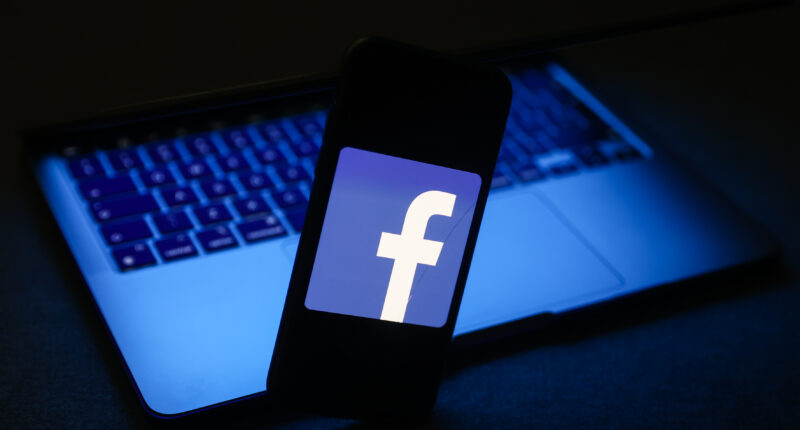IT’S a horrible feeling when someone has invaded your privacy by hacking into your Facebook account.
Sometimes it’s hard to tell there’s an online lurker behind the screens.
Here’s how you can check your account has been compromised and what you can do to fix it.
How to check if your Facebook account has been hacked
- Your email or password have changed
- Your name or birthday have changed
- Friend requests have been sent to people you don’t know
- Messages have been sent that you didn’t write
- Posts or ads have been made that you didn’t create
Should you delete your Facebook account if it’s been hacked?
A hacked Facebook account doesn’t mean it’s gone forever.
You don’t have to delete it.


Although Facebook says that removing hacked accounts helps reduce the amount of “potential abuse” on the platform and protects the privacy and security of your data and your account.
If you can’t recover your account to delete it by yourself, Facebook will do it for you.
“We may disable or delete your account if it appears to have been hacked or compromised and we are unable to confirm ownership of the account after a year, or if the account is unused and remains inactive for an extended period of time,” Facebook says in an FAQ on its site.
“If we notice unusual activity on your account, we may take steps to try to protect you and lock your account.”
Most read in Tech
What is the first thing you do when you get hacked?
- Try Log In: In Setting you’ll be able to see the devices that are logged into your account, you can disconnect any unfamiliar devices which you think might be the hackers.
- Change or Reset Password: You should update your password immediately. But if the hacker has beaten you to it, you can reset your password using the ‘Forgot Password’ option.
- Review Account Permissions: Inside the security menu you’ll be able to see if the hacker changed your privacy settings and account permissions. Make sure these are as you left them.
- Remove Malicious Apps: Check your Facebook for any apps you don’t recognise to help prevent any malware from being spread.
- Log Out of All Devices: If you leave your account logged in to multiple devices, it can make it easier for hackers to compromise your account. Signing out of all sessions after changing your password and removing dodgy apps is best practice.
- Log In Again and Update Security: Log in with your new password and enable a security feature called Two-Factor Authentication, which means you’ll have another device that can help you access your account, such as your phone.
- Notify your Friends: Warn your friends that your account has been compromised and ask them to ignore any posts, links, messages that may have been sent while it was hacked.
- Double Check Everything: Triple check if you want to, but make sure your privacy and account permissions are as you want them, the hackers’ device has definitely been logged out and that your password is secure.
Best Phone and Gadget tips and hacks

Looking for tips and hacks for your phone? Want to find those secret features within social media apps? We have you covered…
We pay for your stories! Do you have a story for The Sun Online Tech & Science team? Email us at [email protected]










